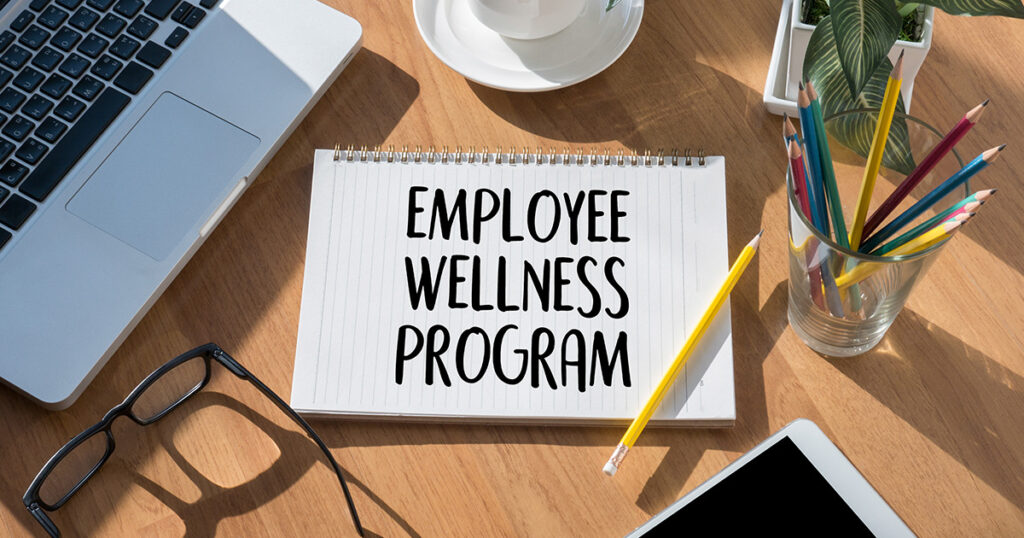Every workplace needs laughter. According to research from serious and respected institutions like Wharton, MIT, and London Business School, every laugh has a range of business benefits. Laughter reduces stress and boredom, increases engagement and wellbeing, and enhances only creativity and collaboration as well as analytic precision and productivity.
Laughter is essential in lightening the overall mood and offers many benefits for individuals and teams.
Laughter can encouarge the production of neurotransmitters such as dopamine and serotonin, which are considered mood-boosting hormones.
Laughter fast-tracks neural networks in the brain to help people concentrate and focus better. It works as the equivalent of a productivity boost. However, the laughter must be genuine.
Humans seem to use endorphins as a means to bond with each other. People tend to do things linked with the release of endorphins, like laughing with other people. Hence, these activities reinforce your sense of being allied with those people.
For jobs where people work in a team, laughter is an excellent way of reinforcing the connections between that team and reducing stress simultaneously.
Types of Humor
What forms does humor take, and what does being humorous involve?
Humor can signify different things to different people. Researchers have identified four main humor styles in the workplace. These are:
Affiliative Humor.
This involves funny personal stories and jokes that increase social interaction. This kind of humor usually helps to ease social tensions. It is a light-hearted type of humor.
Self-enhancing Humor
This style of humor helps people handle stress by staying positive. People looking for joy in a stressful or distressing situation usually tend to rely on self-enhancing humor.
Aggressive Humor
We all have encountered coworkers who are always passive-aggressive with each other. People who use aggressive humor use jokes or well-timed roasts to have fun at their partner’s expense. These are usually people with whom they are comfortable enough to roast and get roasted.
Self-Defeating Humor
People who regularly put themselves down in a humorous way use this humor style. When used correctly, self-defeating humor can help make you appear more approachable, more human. If you overdo it, however, you run the risk of reducing your status in the eyes of peers and leaders.
Laughter and Workplace Wellbeing
Attempting to insert humor in any formal setting, especially when you don’t know people well, can be risky. The workplace is often full of relationship dynamics that make certain types of humor more dangerous than others.
One thing about laughter is that it’s contagious. The people who share a laugh feel closer to one another. A workplace that encourages humor lets people relax, which usually makes them more cooperative and creative.
If you hear colleagues laughing in the conference room, don’t assume they’re wasting time. It just means your team works well together.
Stress Reduction:
Laughter is a natural stress reliever, activating the release of endorphins that promote feelings of relaxation and wellbeing. An important point to know is that a loss of a sense of humor is one of the signs of chronic stress.
Stress can steal your sense of humor and remove the ability to see the funny side of life. In a high-pressure work environment, humor can provide much-needed relief, helping employees cope with stress and avoid burnout.
Team Building:
Humor fosters a sense of camaraderie and solidarity among team members. Shared jokes and humorous situations create bonds and strengthen relationships, leading to improved collaboration and teamwork.
Creativity and Innovation:
Humor stimulates the brain and promotes creative thinking. A lighthearted atmosphere encourages employees to think outside the box and approach challenges with a fresh perspective, leading to more innovative solutions.
Improved Communication:
Humor can break down barriers and improve communication among team members. When used appropriately, humor can help convey messages more effectively and facilitate open and honest communication.
Enhanced Morale and Job Satisfaction:
A workplace that encourages humor and laughter is more enjoyable and fulfilling for employees. Higher morale and job satisfaction lead to lower turnover rates and higher productivity.
Health Benefits:
Laughter has been shown to have numerous health benefits, including boosting the immune system, lowering blood pressure, and improving overall wellbeing. A workplace where humor is valued can contribute to employees’ physical and mental health.
Creating a Positive Work Culture:
Humor is a key component of a positive work culture. A workplace that embraces humor is perceived as more welcoming and inclusive, leading to higher employee engagement and retention.
The Challenges in Bringing Humor to the Workplace
The problem with humor is that it is subjective. What one person finds amusing or side-splittingly hilarious, Asad in marketing and Dania in accounting do not.
While humor can bring more joy, too much or inappropriate humor in the workplace can negate the positive effects of humor at work. Ultimately, it is up to business managers and company leadership to set the tone for humor in the workplace.
Part of the objective of being an inclusive leader is to assess how far to take jokes with colleagues. It comes down to self-awareness. All humor must be used with extreme care.
While many books on humor note that humor that is based on superiority is universally effective (every culture has its version of the dumb blonde joke), discriminatory comments are a punishable offense.
Most employees admire and feel more motivated by leaders who use humor effectively, but they have much less respect for those who try to be funny and fail or who make fun of themselves.
Workplace comedy is much more effective in some cultures than in others. For instance, in Japan, hilarity is set aside for specific social situations, and joking in the workplace will be very ineffective.
In conclusion, humor plays a vital role in enhancing workplace wellbeing. Organizations can improve employee morale, reduce stress, foster creativity and innovation, and ultimately create a more productive and fulfilling work environment by promoting laughter and creating a positive and lighthearted atmosphere.

Sadia Zaheer holds a Masters in Business Administration from IBA, Karachi. After working in several financial institutions in Client Management, Corporate Lending, Islamic Banking and Product Management she jumped careers to pursue a career in writing.
She is a Finance, Business and HR Development writer with four years of experience. She reads a lot and takes care of her multiple cats to remain calm.



